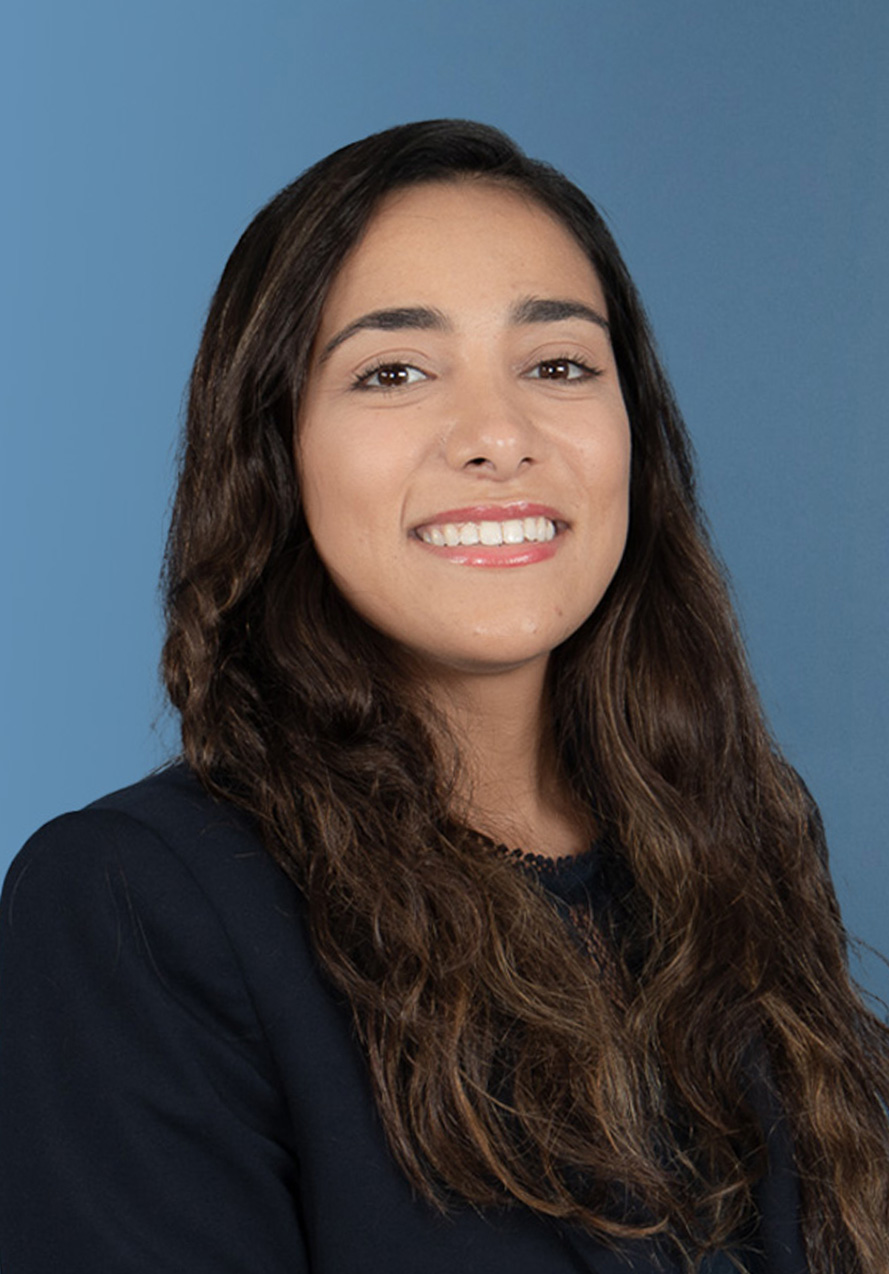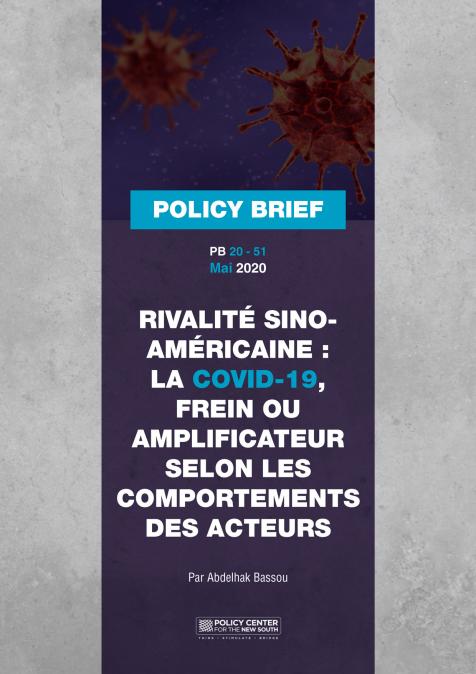Interview with Ihssane Guennoun, IR Specialist, about Chinese investments and Soft Power in Africa
October 4, 2019
Questions: 1/ You mentioned in your presentation that Chinese Investments in Africa are well balanced. Can you elaborate accordingly? 2/ How would you define the Chinese Soft Power in Africa? 3/ How to explain China's interest for new African partners, including its recent commitment for social infrastructures?
Speakers

Ihssane Guennoun
International Relations Specialist (On Leave)
Ihssane Guennoun is an International Relations Specialist at the Policy Center for the New South. She contributes to the Geopolitics and International Relations research program by focusing on West Africa. Her research also covers security in the Sahel region as well as recent developments of Asian players in Africa. Prior to joining the Policy Center in 2015, she spent six months at the German Marshall Fund of the United States within the Wider Atlantic program. Ihssane has a double degree in International Relations from the School of Governance and Economics of Rabat (Morocco) and the Institute of Political Studies of Aix-en-Provence (France).
...





